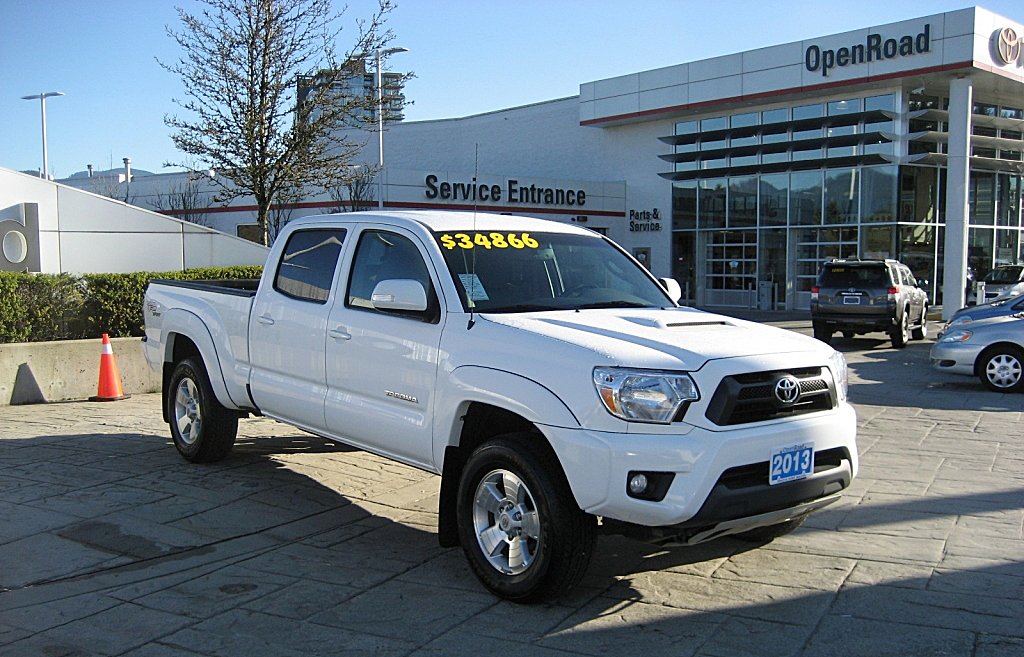Used vehicle buying checklist


Purchasing a new vehicle is a big investment and already daunting enough of a task — and while buying a used car, truck or SUV might be cheaper, there are all sorts of other potential risks involved. Heed the tips in our following pre-owned buying checklist to avoid some common pitfalls and drive away a happy, hassle-free customer.
Budget
The first thing you’re going to want to determine is how much money do you have to spend? Having at least a ballpark figure will be the first step in narrowing down your search further. It’s a good policy not to spend every last penny you have on the outright purchase and set aside some dollars for insurance, as well as possible repairs or necessary maintenance.
Is a loan part of the equation? You have a couple of options: if the vehicle is on a lot, you can go through the dealership to secure financing. Or, you can seek the services of a third-party such as a financial institution. Remember first to figure out what monthly payment you can comfortably afford to pay.
Research
It’s time to ask yourself a few more questions, like:
• What is the vehicle going to be primarily used for (work/school commute? Pleasure?)
• Do you need room for two, five or seven passengers? Coupe or crossover?
• Any brand preference? Colour?
• Automatic or manual? Will you be driving in snow? Front, rear or all-wheel drive?
• Which safety options are must-haves? Airbags, traction control, blindspot alert?

Find your vehicle
Once you have a pretty good idea of what you want, it’s time to make some house calls. While there are countless ways of buying used from online ads to parked cars with “for sale” signs plastered in the window, visiting a (reputable) dealer is usually a safer bet in terms of coming across a vehicle that has been given the once over by licensed mechanics.
Even better is if you find a dealership that offer Manufacturer Certified Vehicles, which are pre-owned models that have undergone thorough inspections using vaious guidelines set out by automakers. While more expensive than non-certified examples, they can offer peace of mind. The Audi Certified Pre-Owned program for instance involves a 300-plus point inspection and includes a two-year/80,000 kilometre limited warranty and more; A Toyota Certified Used Vehicle undergoes a 127-point inspection, comes with 12-month/20,000 km powertrain and roadside assistance coverage and extensive mechanical and appearance reconditioning.
Walk-around
If you’ve chosen a dealership as the place to buy from, it is still your responsibility to make sure the car is in the condition you want and free of any hidden surprises. Do a thorough visual check for things like mismatched paint sections, gaps in body panels, rust, leaks in the engine bay, bald spots or nails in the tire tread, and anything else that might raise a red flag. Activate the lighting and electronics to see if everything works.
Test drive
It’s time to go for a test drive. Drive on the road and on the highway, if possible, and listen for any odd sounds when travelling over varying road surfaces. If you feel vibration in the steering wheel or clunking over bumps, it could mean the suspension needs to be looked at. How do the brakes feel? Applying pressure to the pedal should be a smooth experience and free of excessive squealing or shuddering.
Due diligence
After finding the used car of your dreams, ensure it doesn’t belong to someone else or hasn’t been in a million accidents. Locate and record the Vehicle Identification Number (VIN), a series of number and letters etched on a small metal plate, found just below the windshield on the driver’s side dash. With the VIN, you can use ICBC‘s online service to check the claims history. You should also check for any liens.
Happy hunting!

